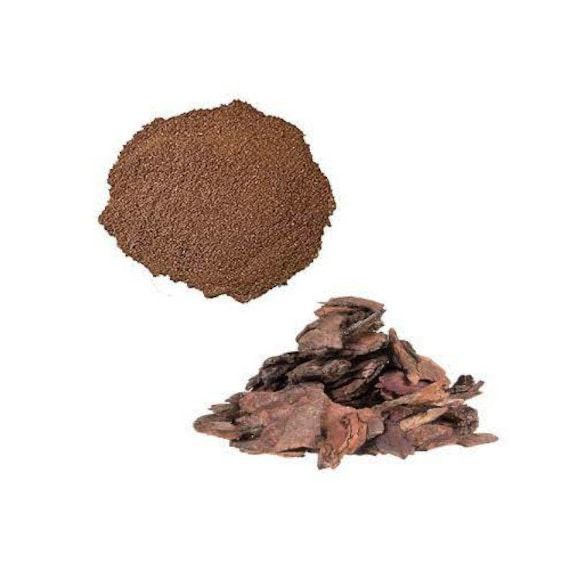Uncategorized
The Benefits and Effects of Acacia Root Bark
Rich in Antioxidants*
Acacia root bark is packed with antioxidants, which are crucial in combating oxidative stress in the body. These antioxidants help neutralize free radicals, reducing the risk of chronic diseases such as heart disease, cancer, and diabetes. Regular consumption of Acacia root bark can enhance the body’s defense mechanisms and promote overall well-being.
2. Anti-Inflammatory Properties
The anti-inflammatory properties of Acacia root bark make it a valuable natural remedy for conditions characterized by inflammation. It can help alleviate symptoms of arthritis, digestive disorders, and skin conditions by reducing inflammation and promoting healing. Incorporating Acacia root bark into your routine may lead to significant improvements in inflammation-related ailments.
3. Supports Digestive Health
Acacia root bark has been traditionally used to support digestive health. It contains dietary fibers that aid in regulating bowel movements and maintaining a healthy gut microbiome. Additionally, it can help soothe the digestive tract, reducing symptoms of bloating, constipation, and indigestion. Its prebiotic properties also support the growth of beneficial gut bacteria, contributing to improved digestive function.

- Antimicrobial Effects
Acacia root bark exhibits potent antimicrobial properties, making it effective against various bacterial, viral, and fungal infections. This natural remedy can be used to treat wounds, prevent infections, and support the immune system in fighting off pathogens. Its antimicrobial activity is attributed to the presence of compounds like tannins and flavonoids, which inhibit the growth of harmful microorganisms.
5. Promotes Oral Health
One of the traditional uses of Acacia root bark is in maintaining oral hygiene. Its antimicrobial and anti-inflammatory properties help combat oral infections, reduce gum inflammation, and promote overall dental health. Using Acacia root bark in the form of mouthwashes or toothpaste can help prevent cavities, reduce plaque formation, and freshen breath.
6. Potential Psychoactive Effects
Certain species of Acacia root bark contain psychoactive alkaloids such as DMT (dimethyltryptamine). These compounds have been used in traditional spiritual and shamanic practices for their mind-altering effects. While the psychoactive use of Acacia root bark is a topic of interest, it is crucial to approach it with caution and respect, considering the legal and safety aspects associated with its use.
7. Skin Health Benefits
The application of Acacia root bark in skincare routines can yield impressive results. Its anti-inflammatory and antimicrobial properties can help treat acne, eczema, and other skin conditions. Additionally, its high antioxidant content can protect the skin from environmental damage, promoting a youthful and radiant complexion.

Conclusion
Acacia root bark is a versatile natural remedy with a wide range of health benefits. From its antioxidant and anti-inflammatory properties to its support for digestive and oral health, this ancient botanical continues to prove its worth in modern holistic practices. However, it is essential to use Acacia root bark responsibly and consult with a healthcare professional, especially when considering its psychoactive varieties.
Incorporating Acacia root bark into your wellness regimen can enhance your health naturally and holistically. Explore the benefits of this remarkable plant and embrace the wisdom of traditional medicine in your journey towards better health.


Everything is very open with a really clear explanation of the issues.
It was truly informative. Your site is useful.
Thanks for sharing!
Simply want to say your article is as amazing. The clearness in your post
is just excellent and i can assume you’re an expert on this subject.
Well with your permission allow me to grab your
RSS feed to keep updated with forthcoming post.
Thanks a million and please continue the rewarding
work.
Saved as a favorite, I love your blog!
If some one desires to be updated with hottest technologies
then he must be go to see this site and be up to date daily.
Thanks to my father who stated to me about this web site, this webpage
is actually amazing.